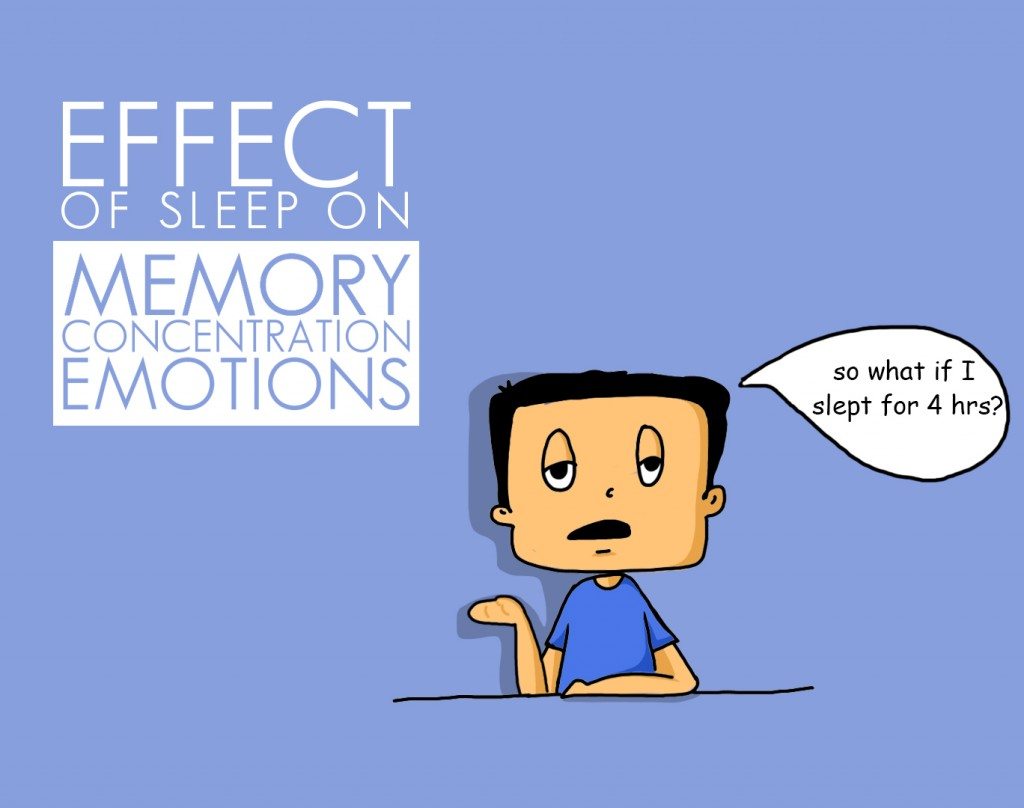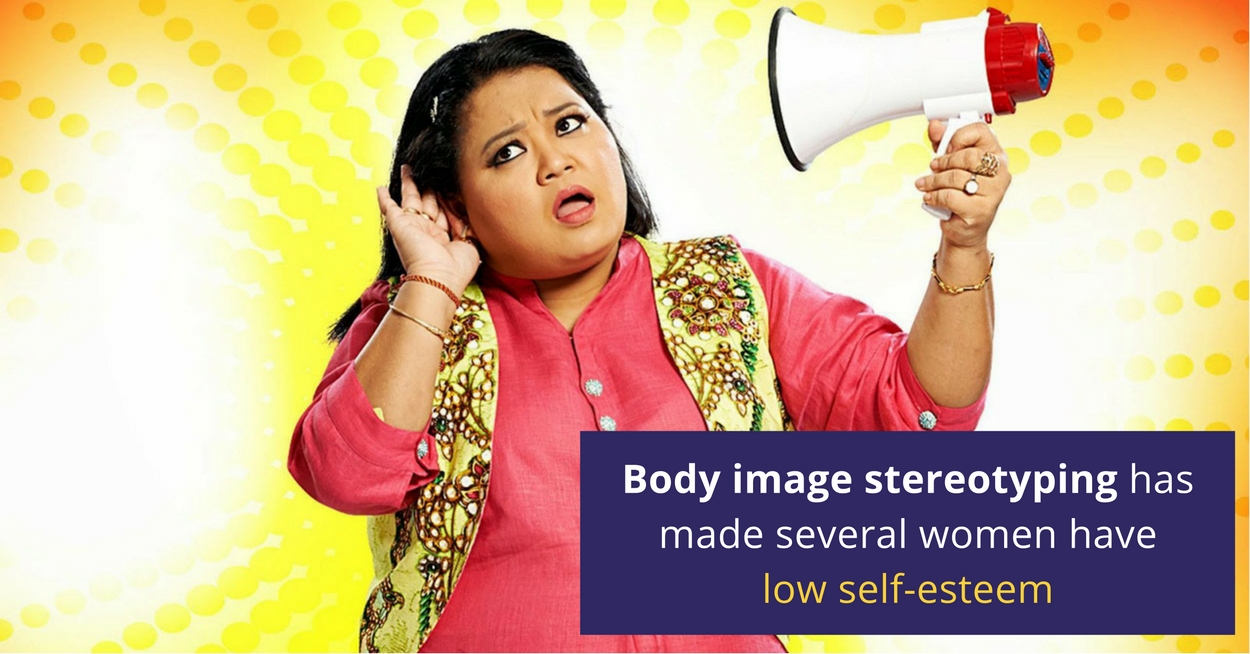Anuja is always upset. Ask her the reason and she tells her husband never listens to her. She could say the same thing a hundred times, yet it does not register in her husband’s mind. Ask her husband about it, and he says, ‘Oh! She has a lot of mood swings.’ Simply put he had not listened to what she had to say, as he had dismissed it in his mind for her to have mood swings.
Everyone says that it is one of her days, and women also begin to believe that it is one of their days. So what are mood swings? Is it a myth, is it a scientific certainty?
There is a divide among experts regarding this symptom – mood swings in women. It is not completely a myth that women are more prone to mood swings compared to men. Yet the causes do not completely lean towards hormones, or the days – pre-menstrual syndrome, menopausal symptoms, pregnancy, etc.
So what exactly is a mood swing?

A mood swing comprises of different ranges of mood between excitement and sadness; anger outbursts and crying bouts. The swing to one extreme can last for a few hours to a couple of days. One becomes, on one hand, oversensitive to simple things for a short span of time and on the other hand, indifferent or oblivious to the same simple things. Mood swings are characterized by their unpredictability.
What are the probable causes of mood swings?
– Life stress or circumstances where a person is not feeling in control of oneself or one’s circumstances
– Poor relationships or faulty communication patterns
– Underlying anxiety or depression for some other causes
– Medical reasons like thyroid issues
– Hormonal changes
– Fatigue

The need for communication and verbal expression is reportedly higher in women. Lack of adequate positive acknowledgement by friends and family, lesser or excessive involvement in decision-making and/or absence of higher mental processes on a daily basis can pent-up energy and feelings of a woman. These more readily surface during certain periods of hormonal activity in her body. Thus, hormones can heighten an experience for a woman, not cause it. The causes lie elsewhere in the deeper layers.
What needs to be done by the family and loved ones when someone you care for is exhibiting mood swings?
Dismissing the emotional expression of the woman as a mood swing can overwhelm her more. Acknowledging her emotions, listening to her with the intent to understand and handholding her through her swing can improve communication and intimacy. This would automatically reduce mood swings in the long run. In some situations, counseling can also be helpful.
While not completely untrue, mood swings in women are exaggerated.
What can the individual who is experiencing a spell of mood swing do?
– Note down your feelings and thoughts in a diary: Read it after a few days to be aware of you inner feelings and thoughts. This awareness would help you reduce the complex experience of a mood swing as you can have more clarity.
– Pamper yourself: Adopt a healthy diet and regular exercise as part of your lifestyle
– Express your Feelings: Communicate your feelings to your loved ones, don’t bottle them up.

– Be aware of your feelings: A self-aware and mindful living attitude can help you keep in touch with your shift in feelings.
– Be aware of your Life Situation: Recognize what life-stage and situations you are going through and create sufficient support systems for yourself to cope with the changes.
Finally, neither a myth nor a scientific certainty, mood swing is just a symptom. It does not define womanhood. It is a mere heightening of emotions that are otherwise neither experienced nor expressed.
YourDOST is conducting a survey to better understand the state of emotional wellness among Indian women. If you’re a woman living in India, we request you to please fill this anonymous survey. It will not take more than 2-3 minutes to complete it. This will help us serve you better. Thank you.




